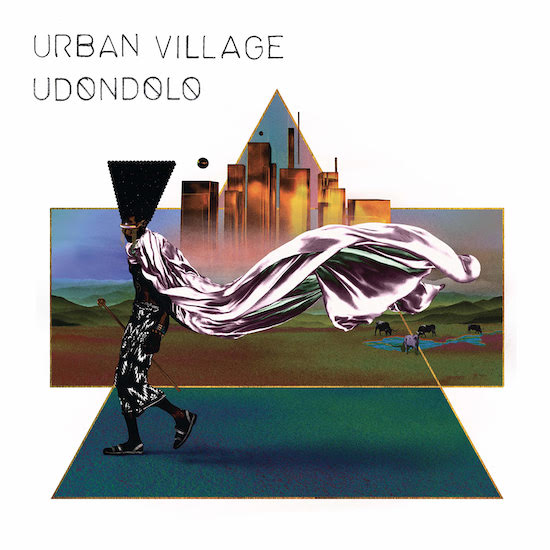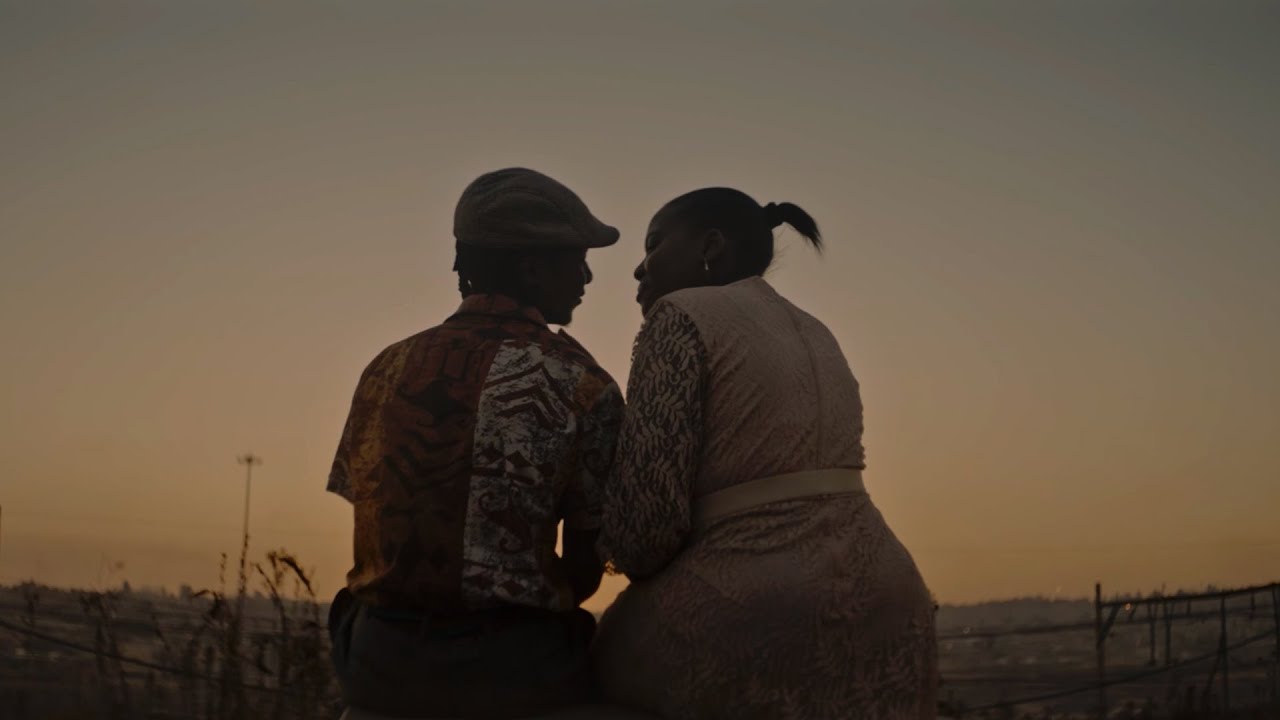The name Urban Village does not just tap into Marshall McLuhan’s image of a global village brought together by telecommunications tech. The name also references how Soweto was created. During apartheid, Black South Africans were brought to the area for work. With them, they brought pieces of their original villages. This helped create a new culture that became a sprawling urban village. Into this melting pot four musicians were raised and met. Guitarist Lerato Lichaba met singer/flautist Tubatsi Mpho Moloi at local jam sessions. Then they hooked up with drummer Xolani Mtshali and bassist Simangaliso Dlamini and Urban Village was formed. So, there are no surprises on their debut album Udondolo when you hear motifs of traditional Zulu music, American jazz, swing, hip-hop and spoken word.
‘Ubaba’ has a delightful backing track, but lyrically it’s about respecting and remembering the generations that came before. By honouring their struggles, Urban Village give thanks for the freedoms they have that were not available to their forefathers and mothers. This feeling of appreciating the past permeates the album. ‘Marabi’ features big horns and big rhythms. Its name is a reference to a hybrid music that combined South African folk and American swing, jazz, and blues. The musicians were part of the original underground music scene. Here the music is bright and breezy but there is a slight bite to the lyrics. ‘Umthi’ sounds like blues via the Okavango Delta and speaks about understanding and tolerance. This is what Urban Village do best. They deliver solid music with a social conscience.
Udondolo is an incredibly rich album, crafted by musicians who love getting into a groove and just sticking there. There is something incredibly soothing about sitting in an empty room, watching the rain fall outside, listening to the album’s closing track ‘Umhlaba Wonke’. The breathy vocals, especially during the chorus, remind us that with all the drama and sadness outside, music can still lift you. it’s a song of hope. Lichaba’s guitar playing combines motifs of traditional playing with more Western influences to create something measured whilst being slightly melancholic. Lyrically Moloi croons, “They say it can never happen. They say it will never be. They say It’s impossible. I know I can.” This positivity is refreshing. It reminds us that just because things look bleak, they can get better. Urban Village haven’t given up. They are just getting started.



